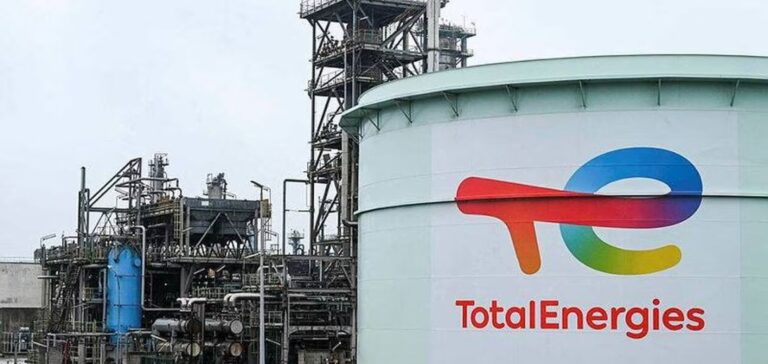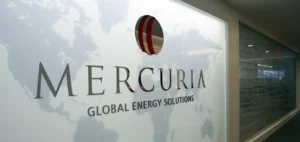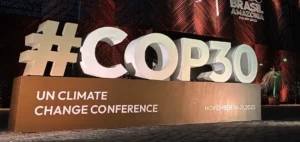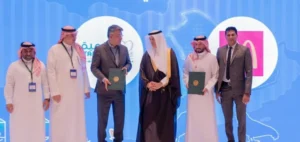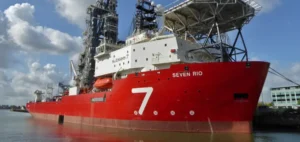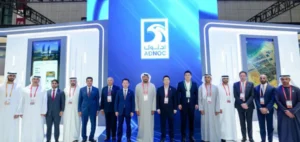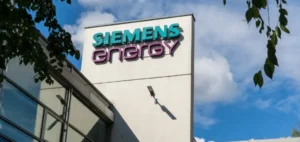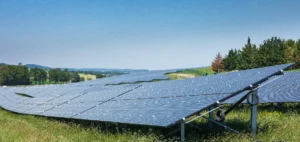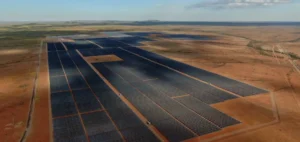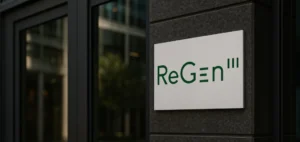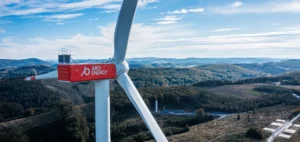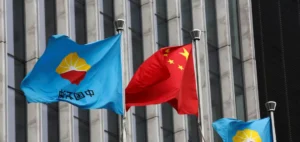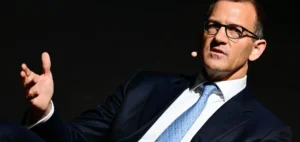TotalEnergies, a global leader in the energy sector, is frequently targeted by judicial actions initiated by non-governmental organizations (NGOs). These highly publicized cases primarily involve accusations related to environmental and social responsibility, human rights abuses, and complicity in geopolitical conflicts. However, most of these judicial procedures end up being dismissed or ruled inadmissible by French courts, highlighting a noticeable gap between media coverage and legal outcomes.
Palma attack in Mozambique
In March 2021, the city of Palma in Mozambique experienced a deadly jihadist attack near TotalEnergies’ Mozambique Liquefied Natural Gas (Mozambique LNG) project. Prior to the incident, the Cabo Delgado region had already been experiencing increasing security instability, with various international organizations raising alarms since 2017 due to escalating violence perpetrated by the terrorist group Al-Shabaab. Despite these warnings, Mozambican authorities had not sufficiently secured the region.
During the attack, TotalEnergies rapidly evacuated over 2,500 employees and contractors by sea. However, in October 2023, survivors and families of victims filed a complaint in France accusing TotalEnergies of “manslaughter” and “failure to provide assistance.” They argue that the company should have better anticipated the risks. In March 2025, French justice initiated a formal investigation into these allegations, though no convictions or formal charges have been announced to date. TotalEnergies continues to deny wrongdoing, emphasizing its prompt evacuation measures.
EACOP-Tilenga Project: Legal Pressure on a Strategic Investment
Launched officially in 2021, the East African Crude Oil Pipeline (EACOP) project is one of TotalEnergies’ largest investments in Africa. The project plans to build the world’s longest heated oil pipeline (1,445 km) linking Uganda to Tanzania, paired with the Tilenga oil extraction project in Uganda, involving 419 wells, some within the Murchison Falls national park, sparking significant environmental concerns.
This project faces several separate legal actions in France. In June 2023, twenty-six Ugandan citizens and five French and Ugandan NGOs, including Survie and AFIEGO, filed a civil lawsuit in Paris seeking compensation for alleged abuses such as unfair expropriations, insufficient compensation, and harassment. Additionally, in January 2025, another coalition of NGOs filed a criminal complaint at Nanterre, describing the project as “climaticide.” French courts have not yet issued any definitive rulings, leaving the project’s future uncertain.
Duty of Vigilance and Climate Inaction Lawsuits
Since 2019, EACOP-Tilenga has also been targeted under France’s “Duty of Vigilance” law, requiring large corporations to anticipate social and environmental impacts. Initially, the French court ruled in early 2023 that plaintiffs had not sufficiently engaged in dialogue with TotalEnergies before initiating legal proceedings, leading to the rejection of the case. However, NGOs have since redirected their efforts toward ongoing lawsuits mentioned previously.
Separately, a coalition of six NGOs and sixteen municipalities, including Paris and New York, accused TotalEnergies of “climate inaction” under the same law. Initially dismissed in July 2023, this procedure was later declared admissible by the Paris Court of Appeal in June 2024, potentially opening significant legal and strategic implications for TotalEnergies and the broader energy sector.
Greenwashing Allegations: An Ongoing Investigation
For several years, TotalEnergies has been subject to repeated allegations of “greenwashing.” In March 2022, Greenpeace France, Les Amis de la Terre France, and Notre Affaire à Tous filed a civil lawsuit in Paris for “misleading commercial practices,” claiming TotalEnergies overstated its climate commitments compared to actual operational practices. Separately, another criminal complaint filed by Wild Legal, Sea Shepherd France, and Darwin Climax Coalitions triggered an investigation by the Nanterre Prosecutor’s Office in 2021. Neither case has yet reached a judicial conclusion, but both have ongoing implications for the company’s public relations strategy.
Pollution Allegations in Yemen: Case Dismissed
In January 2024, approximately fifty Yemeni nationals filed legal action against TotalEnergies at the Nanterre court, accusing the company of environmental contamination in the Hadhramaut region, where the company operated oil wells until 2015. However, on December 3, 2024, a similar lawsuit from eight Yemeni plaintiffs was deemed inadmissible by the Paris judicial court, concluding that there was insufficient evidence linking TotalEnergies directly to environmental damages claimed by plaintiffs.
Ukraine War Crimes Allegations: Case Rejected
In October 2022, Darwin Climax Coalitions and the Ukrainian NGO Razom We Stand accused TotalEnergies of complicity in war crimes in Ukraine, alleging the company continued operating a gas field in Russia after the onset of the war, indirectly supplying fuel to the Russian military. In October 2023, after thorough investigations, the French National Anti-Terrorist Prosecutor’s Office definitively dismissed the case, citing insufficient evidence to substantiate the charges. This high-profile case was extensively covered initially but was ultimately closed without any conviction.
Biodiversity Allegations: Another Rejected Case
On February 7, 2025, the French judiciary dismissed a lawsuit filed in May 2024 by three NGOs and eight individuals alleging involuntary manslaughter and biodiversity damage caused by TotalEnergies’ fossil fuel activities. The court concluded that the evidence presented did not sufficiently substantiate the allegations despite considerable initial media coverage.
Judicial Procedures: Frequent Accusations, Limited Convictions
Examining all these legal cases reveals a consistent pattern: numerous accusations brought against TotalEnergies by various NGOs, extensive media coverage, yet very limited actual judicial convictions. Most cases either lack sufficient evidence or fail to meet procedural standards required by French courts. Nevertheless, these legal actions generate significant costs for the company, in terms of finances, human resources, and corporate reputation. The persistent judicial pressure raises questions about the effectiveness and motivations of NGO-led legal activism against major energy corporations.


